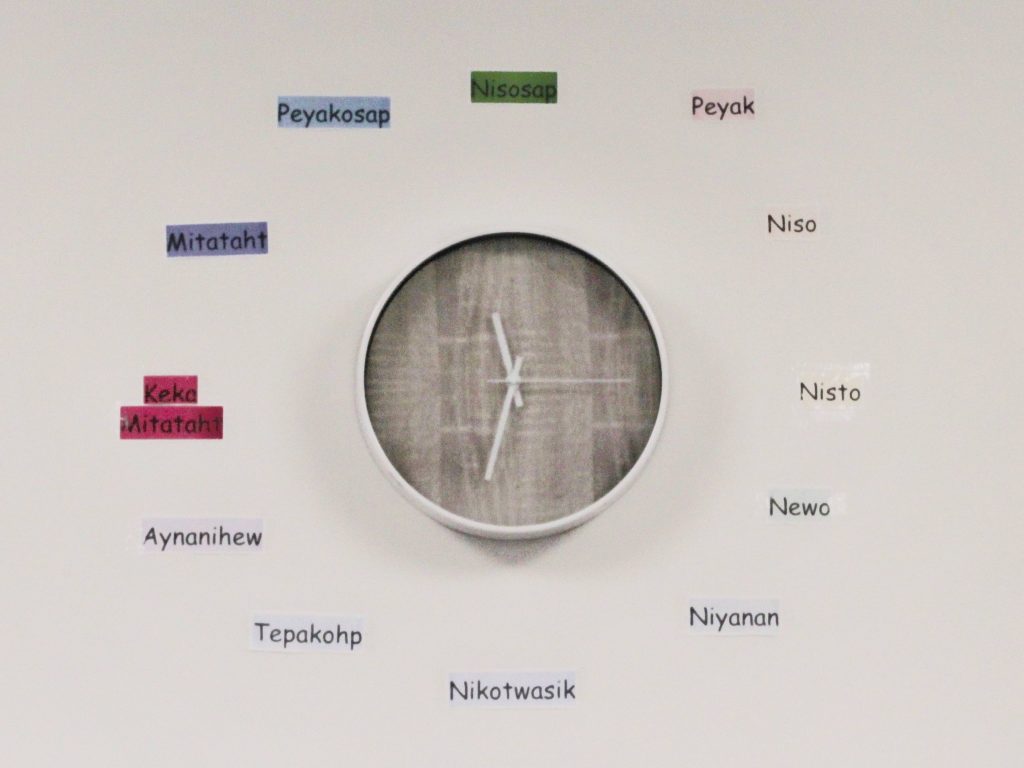
Indigenous Childcare with Oliver Centre
In front of you is a white two-story building fenced around by tall trees. In the center of the building, bold green letters pop out, greeting guests as the Oliver Centre. Have you ever heard of the Oliver Centre?
One of the four locations in the city, Oliver Centre provides a variety of early learning programs to support the healthy development of children. Having this kind of support for children is crucial to those who are living in poverty, especially because of how expensive day cares are. Because childcare is so expensive, the Oliver Centre enables low-income families to remain in the workforce and student families to complete their education without having to worry about paying for childcare.
What makes the Oliver Centre different from any other childcare services is that Oliver Centre focuses on the Reggio Emilia philosophy, which is both child-centered and directed. How does this work, you may ask? At the Oliver Centre, children are included in the decision-making process. Each day, there is something called morning circles where children will converse and decide what they want the day to look like. This method respects and encourages each child to pursue their own educational pathway and motivities their learning through curiosity and interest.
It is important to acknowledge how this name is associated with the historic, and controversial figure of Frank Oliver who played a role in the dispossession of Indigenous peoples and the process of colonization. Because of this, it is currently in the process of changing its name. And while the history of the person does cast a shadow, this organization works very hard to support the communities affected by these kinds of historical events.
This location of the Oliver Centre specifically is the Wîpac Macîhta Indigenous Childcare location.Wîpac Macîhta means Early Learning in Cree. Indigenous-based childcare like this, is an attempt to correct the historical legacy of residential schools through empowering Indigenous staff, parents and elders to contribute to the learning experience. It’s unique as the childcare is grounded on a culturally based curriculum that tries to decolonize and break the cycle of assimilation. Some of the programs include teaching Cree and incorporation of the 7 Grandfather Teachings. The 7 Grandfather Teachings is from the Anishinaabe peoples which teaches human conduct and morals. Consider the value of this cultural learning from an early age.
The Wîpac Macîhta also have a full time cook who meets the nutritional needs of the children. Breakfast, lunch, and an afternoon snack are provided at the Centre at no extra cost. Therefore, the Wîpac Macîhta Centre takes care of both the issues of childcare and food insecurity. The significance of having early Indigenous learning allows younger children to naturally relate and engage with traditional Indigenous thinking and ways of life.
Our next stop is the Orange Hub, which will build upon the ideas mentioned at the Wîpac Macîhta about the importance of culture and community. We will examine how a focus on community is as vitally important as the provision of more material goods to those experiencing marginalization, poverty, and homelessness. Continue East along 100a Ave in the direction of Jasper Transit Centre. You will soon notice the vibrant, extensive building looming from afar surrounded by rows of trees.